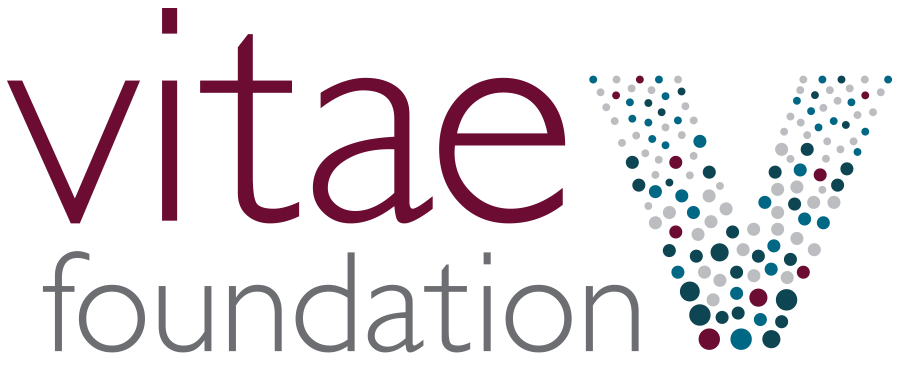The Strengths and Weaknesses of the Planned Parenthood Brand
By Carl Landwehr and Jeff Pauls, Ph.D.
This study found that the Planned Parenthood customer can generally be divided into two categories: younger women in their fertile years and the “legacy customer,” a previous Planned Parenthood customer who now refers, and in many cases, facilitates a younger sister or friend obtaining their services. The emotional connectivity of Planned Parenthood and their customers is a brand promise that what is discussed there and the services provided will never be divulged to parents or significant others. Planned Parenthood enables the young audience to explore their sexual behavior without anyone knowing, namely parents and guardians. Indeed, Planned Parenthood’s brand loyalty is built upon what many study participants identify as “confidentiality,” “education,” and “help.” Of course, at Planned Parenthood all three of these supposed benefits are ways to subtly enable, sanction, encourage, and affirm the dangerous and risky behavior that brought the girl or woman to the abortion facility in the first place.

In the minds of customers, Planned Parenthood brand strengths include:
- Preservation of their current and future self;
- Ability to pass through a rite of passage without consequences;
- Opportunity for control, freedom, acceptance, confidentiality; and,
- Lack of judgment.
There is considerable data, however, indicating customers’ wide range of mixed feelings toward Planned Parenthood and its brand promises as well:
- Despite the general feeling that Planned Parenthood is non-judgmental, most respondents acknowledge they have to go through an unpleasant gauntlet of anxiety, fear and anger, in addition to judgment (of themselves, from other customers, and sometimes from Planned Parenthood staff) while in the waiting room at the abortion facility.
- Planned Parenthood has the initial impression of being emotionally and physically safe, a viewpoint which often changes due to what respondents describe as problems with the procedure, post-abortion complications, location of the facility in a “run-down” part of town, the type of clientele Planned Parenthood attracts or even the presence of “protestors” outside.
- Respondents report mixed experiences in terms of their treatment by Planned Parenthood staff, and, unfortunately, often justify, excuse, or minimize their poor treatment because they are getting what they “need” (abortion or birth control) and don’t feel like they can get it easily anywhere else.
Finally, participants mentioned several important weaknesses in the Planned Parenthood brand. Indeed, there are so many weaknesses in the area of women’s health that these will be covered in a subsequent newsletter. Here are the non-health-related weaknesses in the findings:
- Respondents tend to become less loyal clientele as they age and/or are offered better insurance options. The legacy customers often suggest that Planned Parenthood is just as good or better than a private practice but the reality of their behavior indicates most of them really do not believe it. Additionally, the legacy customers who are older talk about not needing the particular set of services any more as they curtail sexually activity outside of monogamous relationships.
- One of the most common complaints by participants, even those that labeled themselves “satisfied customers” of Planned Parenthood, was the long wait to see someone or be served; this was a universal problem for respondents.
- They also expressed frustration with the frequently changing hours, fees, policies and coverage that they face as Planned Parenthood customers. Respondents who had abortions frequently had to pay more than they expected. They were told it was because they were further along in the pregnancy than they thought, or for some other medical reason, but they wonder if they were victims of fraudulent price inflation.
- Respondents frequently note that there seems to be high staff turnover at Planned Parenthood. They are not assured that they will see the same staff or the same doctor every visit.
The first area of findings, dealing with the strengths and weaknesses of the Planned Parenthood brand, are being used to help pro-life champions like Congressman Chris Smith (R-NJ), other messaging partners across the country, and individuals just like you, understand and employ messages that help refute the euphemistic rhetoric, twisted facts, and false assurances from Planned Parenthood and their supporters. These findings are also being commissioned to craft new, effective media strategies to help women see through the well-established façade of the Planned Parenthood brand and find authentic healthcare, support, and knowledge at Pregnancy Help Centers across the country (which now outnumber abortion facilities four to one). Vitae’s July newsletter will highlight more findings of this groundbreaking research.
